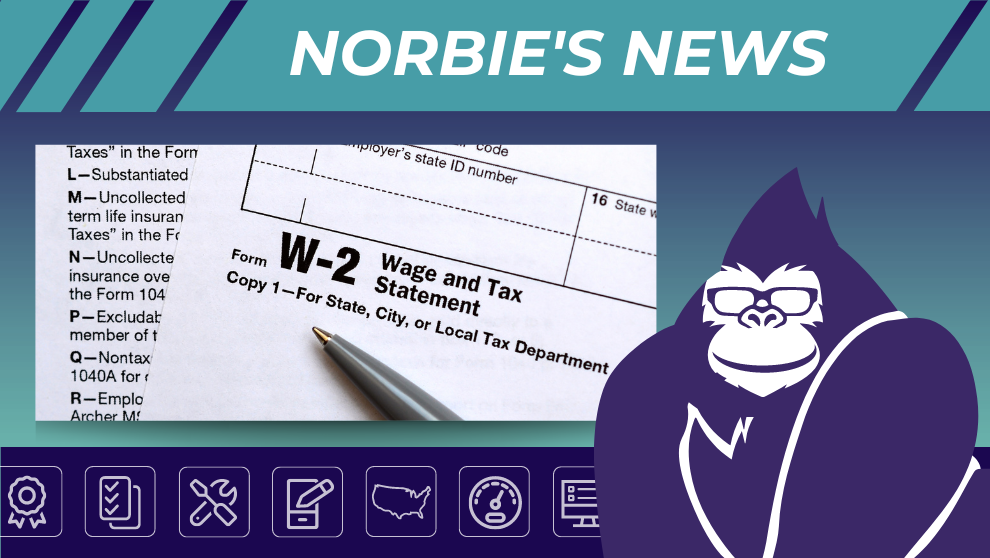
Top 5 Transportation Claims That Are Costing Fleets the Most
SHARE STORY
By Andrew Schultz, VP of Transportation
When thinking about transportation insurance, many immediately envision high-speed collisions as the primary source of costly claims. While accidents are indeed significant, they are far from the only, or even the most expensive, risks that fleets face today. Modern transportation operations are exposed to a myriad of challenges that can lead to substantial financial losses—even when vehicles are stationary or undamaged. Factors such as cargo theft, equipment failures, environmental incidents, and cyber threats have emerged as critical concerns in the industry.
Understanding these prevalent and costly claim types is essential for insurance agents aiming to provide comprehensive protection for their clients. By identifying and addressing these risks proactively, agents can help fleet operators implement effective risk management strategies and ensure adequate coverage. We’ll take a closer look at the five most financially impactful claims in today’s transportation landscape—spotlighting areas that are often overlooked but essential to protecting fleet operations.
Fraudulent claims are on the rise, particularly in dense urban areas where scammers stage collisions or exaggerate injuries to extract payouts.
What’s Really Driving Losses
While accidents still matter, the biggest financial hits to fleets often stem from risks that go beyond collisions. From cargo that never reaches its destination to cyber intrusions that stall entire operations, today’s transportation claims reflect a much more complex picture of exposure. Below are five types of claims that consistently lead to high costs—and why understanding them is crucial for both agents and the clients they serve.
Cargo Theft and Damage
- Cargo theft incidents surged to 3,625 in 2024, marking a 27% increase from the previous year. Theft can occur at unsecured rest stops, in transit yards, or during transfers. Damage often results from shifting loads, poor securement, or water intrusion during transit. These incidents can cause direct financial loss, jeopardize contracts, and lead to lengthy disputes.
Even with experienced drivers and solid safety protocols, cargo losses can be devastating. Comprehensive cargo coverage and preventive measures like route planning, seal checks, and secure parking are essential to minimizing risk.
Reefer Breakdown and Spoilage Claims
- Refrigerated units bring a unique vulnerability: even a short lapse in temperature control can ruin an entire load. Mechanical failure, driver error, or unexpected delays can all lead to spoilage, and unlike other types of cargo, perishable goods typically have no salvage value.
Minor oversights can quickly spiral into high-value claims and contractual penalties. Dedicated reefer breakdown coverage for fleets transporting temperature-sensitive goods is not just helpful—it’s critical. This specialized coverage safeguards businesses from unexpected challenges associated with transporting temperature-sensitive goods.
Environmental Cleanup and Hazmat Exposure
- Fuel spills and hazardous material leaks don’t need to be large to trigger massive cleanup expenses. A minor accident involving fuel tanks or chemical cargo can result in costly remediation, fines, and long-term liability exposure.
Standard auto liability coverage often isn’t enough to handle these risks. Specialized environmental and hazmat policies help fleets cover cleanup costs and comply with regulatory demands.
Cyber Attacks on Logistics Systems
- As fleets digitize dispatch, routing, and telematics, they also open the door to cyber threats. Cyberattacks on transportation are surging. Mike Britton writes in Cloud Security Alliance’s Industry Insights that phishing attacks increased by 175% and vendor email compromise attacks increased by 253% between May 2023 and May 2024. These attacks, along with ransomware and data breaches, can cause delivery disruptions, expose sensitive client information, and inflict lasting reputational damage.
In a connected industry, cyber liability is no longer optional. Whether operating a small regional fleet or managing cross-country hauls, transportation businesses must prioritize data protection and digital resilience.
Staged Accidents and Insurance Fraud
- Fraudulent claims are on the rise, particularly in dense urban areas where scammers stage collisions or exaggerate injuries to extract payouts. These claims not only inflate loss ratios but also drive up premiums and trigger lengthy investigations.
Fleet operators can fight back with dash cams, thorough documentation, and strong claims handling support. Being prepared is the best defense against these calculated setups.
These five claim types don’t just reflect where fleets are vulnerable—they also reveal how transportation insurance must evolve to keep up. With modern operations facing risks on the road, in the cloud, and in the courtroom, staying ahead means looking beyond traditional coverage and equipping clients with the tools to anticipate, prevent, and respond. Let’s tie it all together in the final thoughts ahead.
[...] Cargo theft incidents surged to 3,625 in 2024, marking a 27% increase from the previous year. Theft can occur at unsecured rest stops, in transit yards, or during transfers.
Conclusion
Not all costly transportation claims involve high-speed crashes. In fact, many of the most financially damaging incidents happen off the road—through cargo theft, refrigeration failures, cyber breaches, or environmental exposures. These risks often unfold quietly but carry significant consequences that can disrupt operations, erode trust, and trigger substantial financial loss.
As the transportation industry grows more complex, so do the risks fleets face. By recognizing the types of claims that are making the biggest impact, it becomes easier to understand where coverage gaps might exist and why comprehensive risk awareness matters. Staying informed is one of the most effective ways to keep pace with the shifting landscape of transportation insurance.
Andrew Schultz is VP of Transportation of Builders & Tradesmen's Insurance Services, Inc., an Amynta Group Company.
Builders & Tradesmen’s Insurance Services Inc.
BTIS is committed to providing robust, individualized products and the highest level of service. Our easy-to-use commercial insurance platform, educational tools, and helpful underwriters make it simple for producers to diversify their books of business by expanding their product portfolios.
Part of the Amynta Group, BTIS is a nationwide insurance intermediary with a small-business attitude. We believe in building solid relationships through communication and a genuine concern for the success of our retail broker clients and the policyholders they serve.
For additional information, visit www.btisinc.com or call (877) 649-6682


